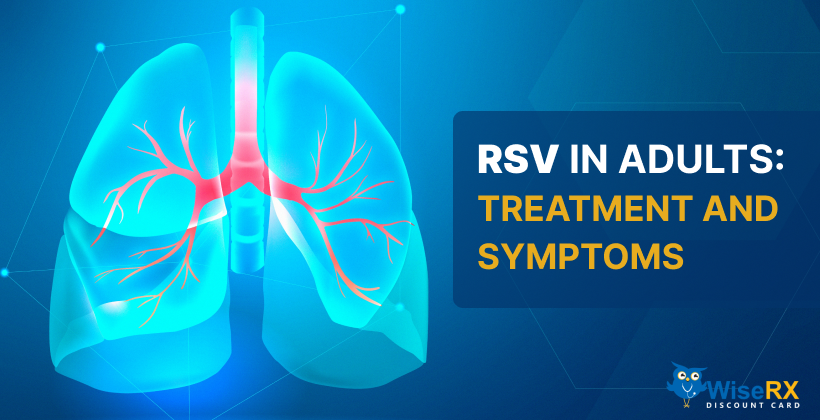
What is RSV, and How Can Adults Suffer From It?
Respiratory Syncytial virus, or RSV, is usually active during winter. It is best known to cause a serious lower respiratory tract infection – bronchiolitis in babies and young children. However, even though adults are not seriously affected by RSV. They can come down with the virus and may become sick.
If you are exposed to children suffering from RSV, here’s what you should know about the treatment and symptoms of adults with RSV.
Meaning of RSV
RSV is a common cold virus. Like all common cold viruses, it gets into the body and invades the throat and nose. It leads to an upper respiratory tract infection. Most of the time, the immune system can fight off RSV before we go any further.
However, sometimes, RSV may spread to the lower respiratory tract infecting your lungs. It may lead to more serious illness. Older adults, young children, and those with weakened immune systems are likely to develop serious RSV infections.
Can adults suffer from RSV?
Adults may get RSV, and you’ve probably had RSV several times in your daily life. As you get older and your immune system starts to develop more antibodies, you can fight off RSV more efficiently. So you may have developed only the mild cold with your RSV infections, or you may not have any symptoms.
The adults living with a child who tested positive for RSV are likely to test positive for RSV too. But these same studies showed that the adults had few or no symptoms. It is why most adults do not bother to get tested for RSV, even if they get exposed to the virus.
Adults at risk of developing serious RSV illness
Many adults with RSV tend to recover quickly. However, some adults are at risk for serious RSV illness, including people who:
- Have a weakened immune system
- Have a chronic heart disease or heart failure
- Have COPD, asthma, or any chronic lung disease
- Are over 65 years old
The RSV virus may spread quite quickly, especially in households and schools. Adults at higher risk for serious RSV illness who spend time with young children need to be on alert for signs of RSV during the winter months.
Symptoms of RSV in adults
Symptoms of RSV in adults are the same as any common cold that include:
- Fatigue
- Sore throat
- Cough
- Runny nose
- Congestion
Most people develop symptoms within 4 to 6 days of exposure to someone with the virus. RSV symptoms tend to follow the same pattern as the common cold. It tends to get worse at first and peaks on illness in 4-6 days. However, they tend to disappear and fade away within 1 to 2 weeks.
When is adult RSV a cause of concern?
If you are at a high risk of serious RSV illness, you need to watch out for signs that the virus has spread into the lungs. You should seek medical care right away if you develop any of the symptoms:
- Trouble keeping down liquids and food
- High fever
- Chest pain
- Trouble speaking or walking from shortness of breath
- Difficulty catching your breath or breathing
- Rapid breathing
See a healthcare provider immediately if you have COPD or asthma and feel like your medication is not working. It is also a sign that RSV could be attacking the lungs.
RSV symptoms may worsen from one day to the next, so you should not try it out at home. Instead, seeing a healthcare provider as soon as possible is best.
How to keep yourself safe from RSV?
Few people, especially young children, may get very sick from RSV. However, if you are sick, protect the people vulnerable to getting the disease from you, be it at home or work, until you feel better.
To lower the risk of getting RSV:
- Disinfect and clean touched surfaces,
- Avoid contact with sick people.
- Cover your sneezes and coughs.
- Wash your hands often with water and soap
These simple steps may keep you and your loved ones healthy during the RSV season.
Conclusion
RSV is a common virus that leads to cold symptoms during the winter months. Adults may get RSV, but they usually have no symptoms. However, older adults and those with weakened immune symptoms or chronic lung conditions may develop serious illnesses, including lung infections.
If you want a free Rx discount prescription card, contact WiseRX® cards today!

